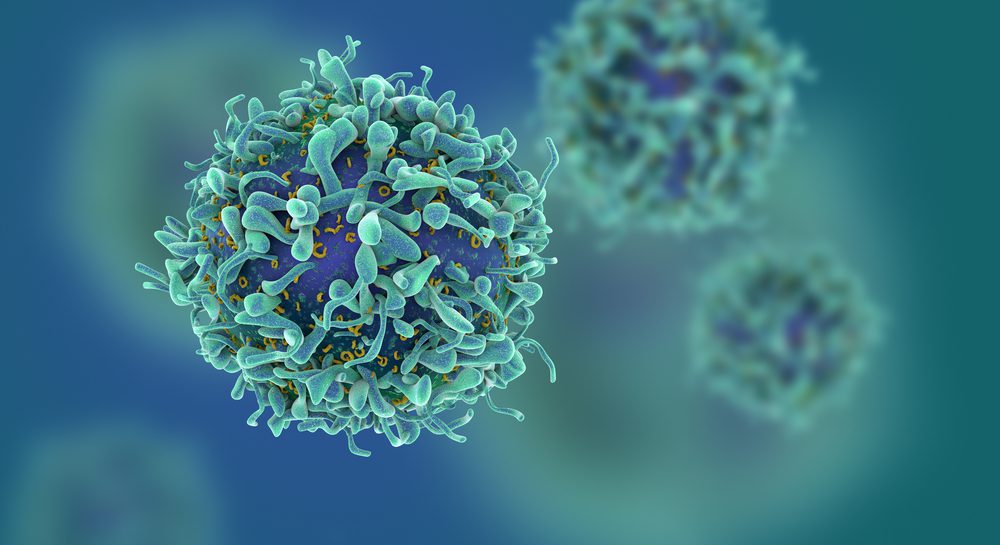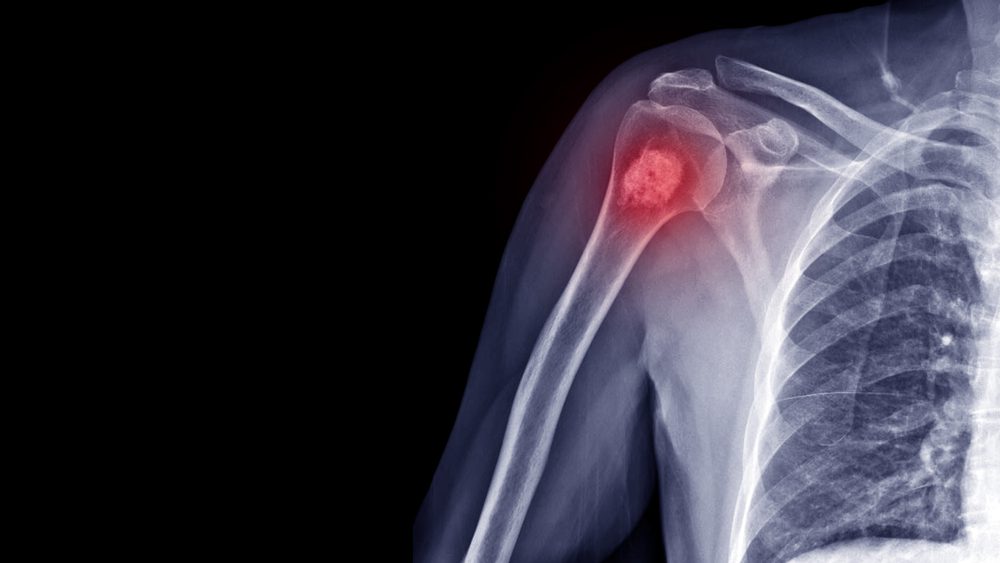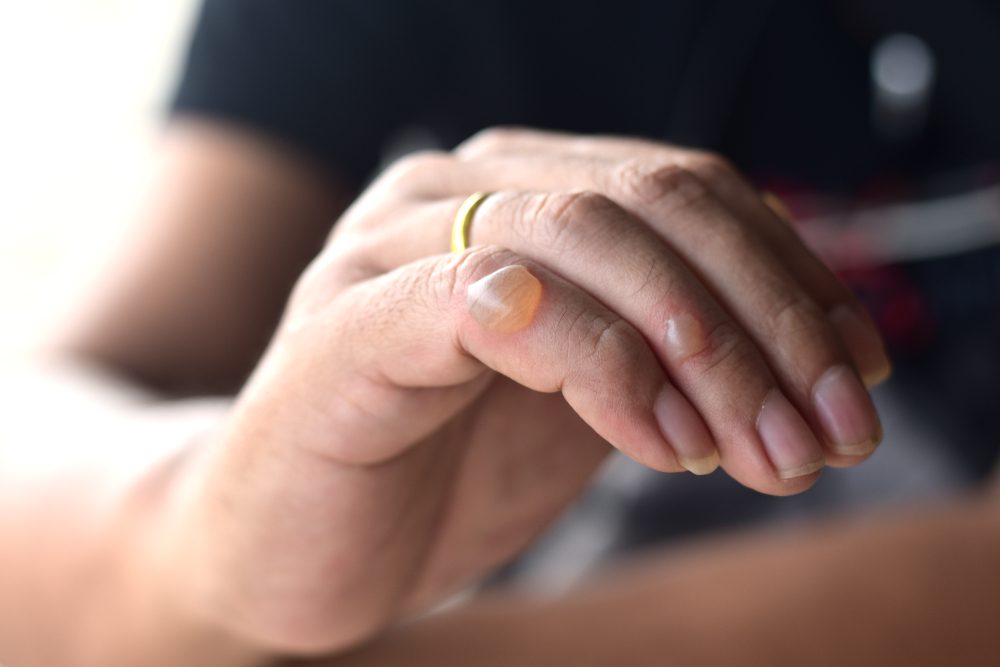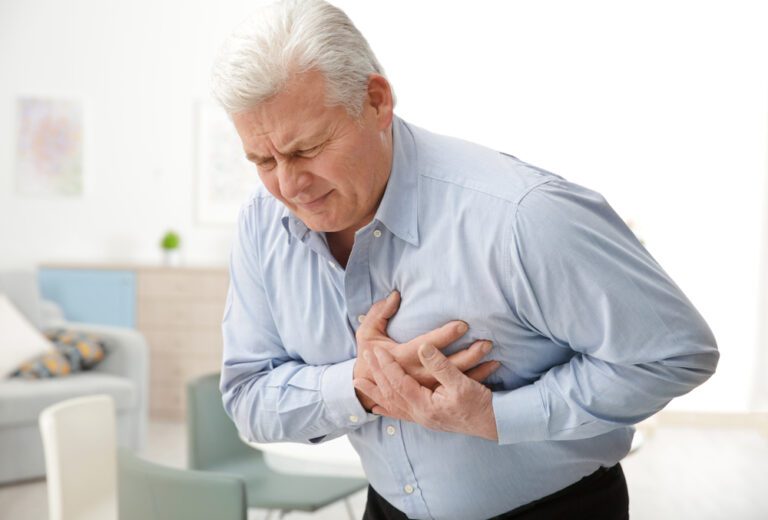
Risk factors
Age: Heart attacks are typical for those over the age of 60, therefore seniors are at the highest danger. Even though heart attacks are more common among older people, the processes that contribute to them, such as atherosclerosis, begin much earlier in life, generally in the late 40s or early 50s.
Smoking: The increased risk of developing a heart disease is among the many disadvantages of smoking.
Diabetes: Inactivity and bad eating habits are contributing to the increase in obesity, and these lifestyle factors may raise your risk of heart disease.
High blood cholesterol: It can cause the arteries around the heart to clog, resulting in MI (myocardial infarction).
Obesity: Extra fat puts a load on your heart and it can lead to illnesses such as high blood pressure.
Family history: If either of your parents’ families have a history of heart problems, you are more likely to develop a heart disease yourself.


























3 thoughts on “8 Signs of a Heart Attack Seniors May Feel”
I just went through that. however the tired and fatigue continue, I have no energy, still have problems with shortness of breathing. I had been complaining to my primary doctor he didn’t seem concerned. The cardiologist does not seems, concerned with my fatigue I do not know weather they checked my heart thoroughly I still suffer with shortness of breath when I work hard. one thing they were very thorough with the bill, 75,000 for 2 days in the hospital and one meal.
What ever happened to: bend over and kiss your butt goodbye???
I am 84 years old. For almost 4 years, I have consulted with my PCP,
complaining of the mentioned symptoms. I even went to ER couple of times.
Recently, while visiting my Daughter (in a neighboring state) I was finally diagnosed with AFib in the ER. After a week’s stay in the hospital my heart rate was stabilized. I was given a 30 day supply of blood thinners and heart med, discharged and told to return to my PCP for ‘follow-up’.
My experience has taught me that the medical professionals are too often not as aware of the symptoms of heart problems, as the general public!!